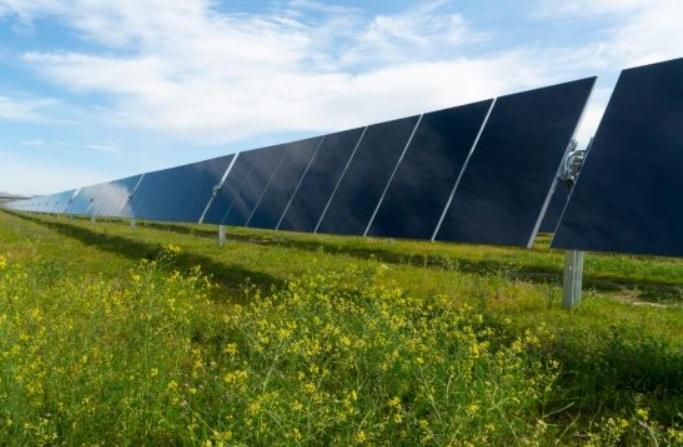Renewable Energy Companies Form Alliance to Advance Ultra Low-Carbon Solar Technology
A group of leading renewable energy companies have formed the Ultra Low-Carbon Solar Alliance, dedicated to deploying ultra low-carbon solar energy. The Alliance aims to build market awareness around how solar supply chain decarbonization is producing solar panels with low embodied carbon, enabling governments and companies to meet aggressive sustainability goals.
Ultra Low-Carbon Alliance Executive Director Michael Parr, said:
“Every solar project is dramatically better than a fossil fuel plant, but not all solar panels are created equal. Solar projects can reduce their embodied carbon by 50 percent by using ultra low-carbon solar panels available in the market today. France, South Korea and other countries are prioritizing ultra low-carbon solar panels in projects. Companies and policymakers in the U.S. can be doing the same.”
According to the Alliance, while Solar photovoltaic (PV) technology produces no emissions in its operations, there are emissions associated with how it is produced and transported. Different solar panel producers and technologies create differing levels of this embodied carbon. For example, the alliance noted that solar panels produced with polysilicon from China have twice the embodied carbon as panels made with materials from the U.S. or EU. The alliance aims to raise awareness of ultra low-carbon solar panels, which are already in the market from multiple producers at competitive prices.
Parr said:
“This technology is available today at market rates and can help companies and government cuts their projects’ carbon footprint by 50%. It’s a win, win, win. It’s better for the environment, doesn’t come with a price premium, and can represent advanced manufacturing in the U.S. and EU.”
Founding members of the alliance include Hemlock Semiconductor, First Solar, NorSun, Q CELLS, REC Silicon and Wacker.





